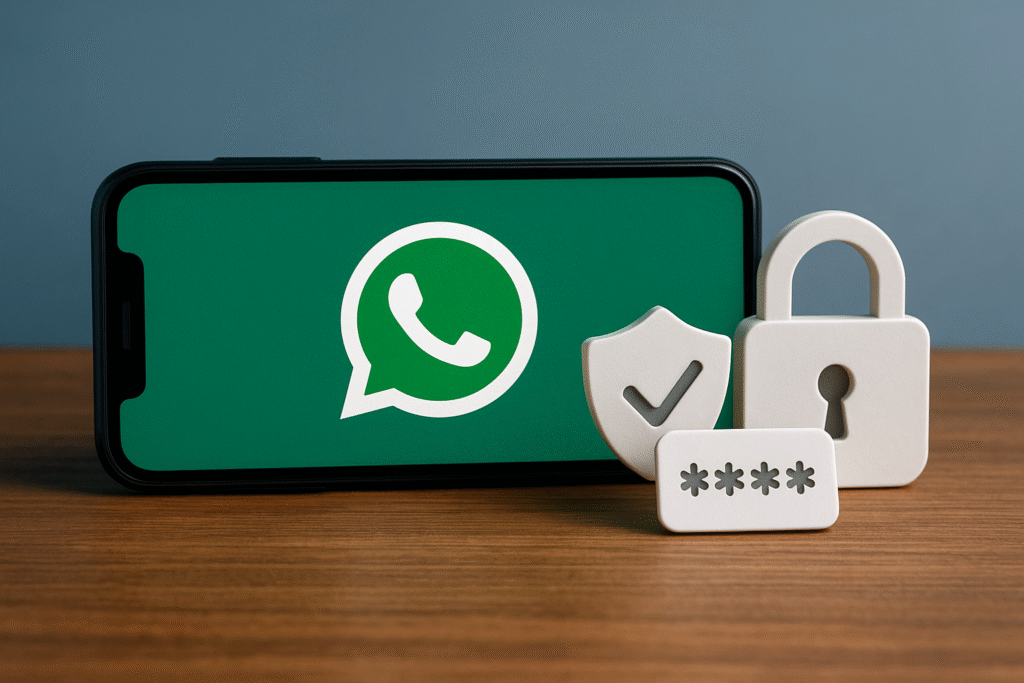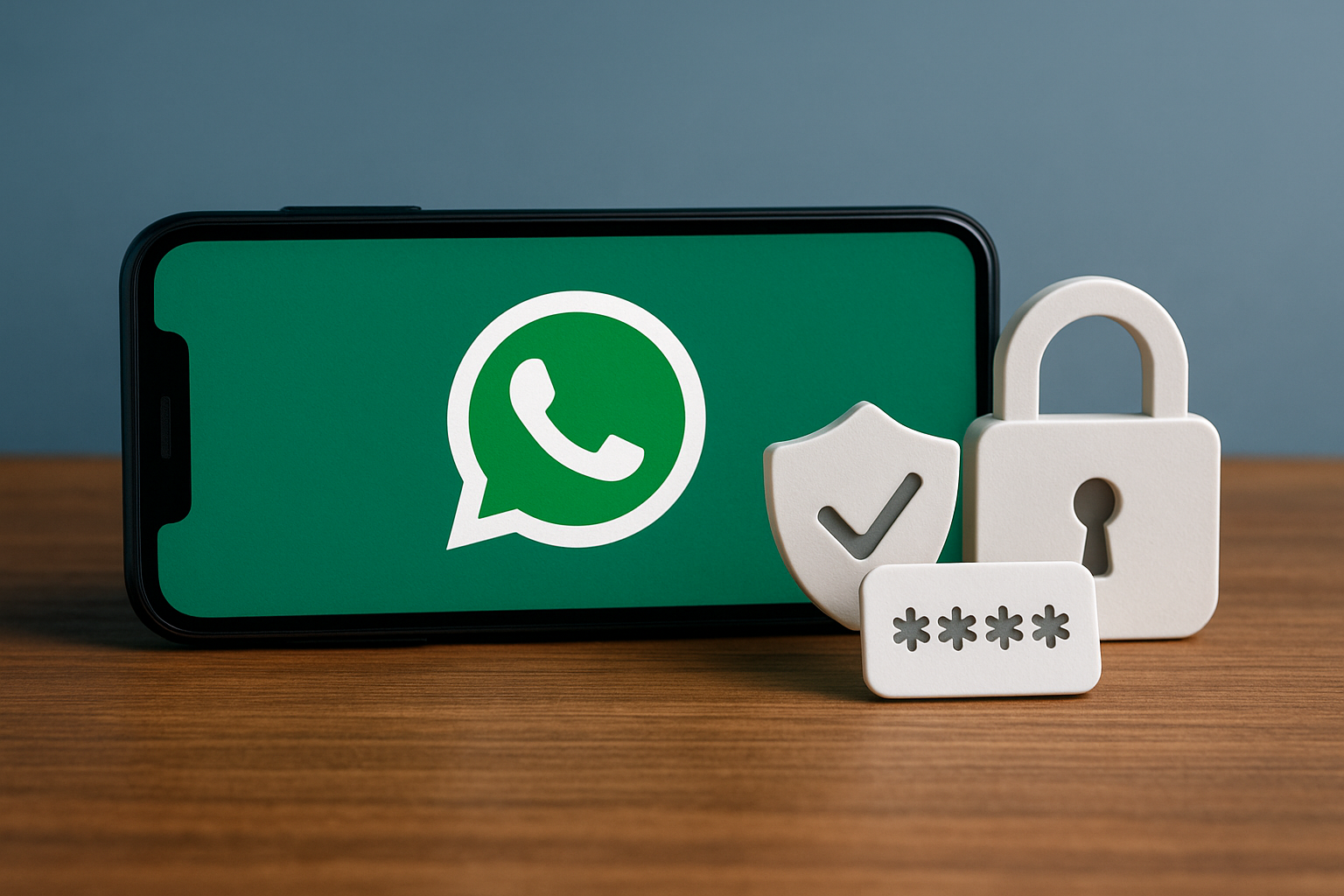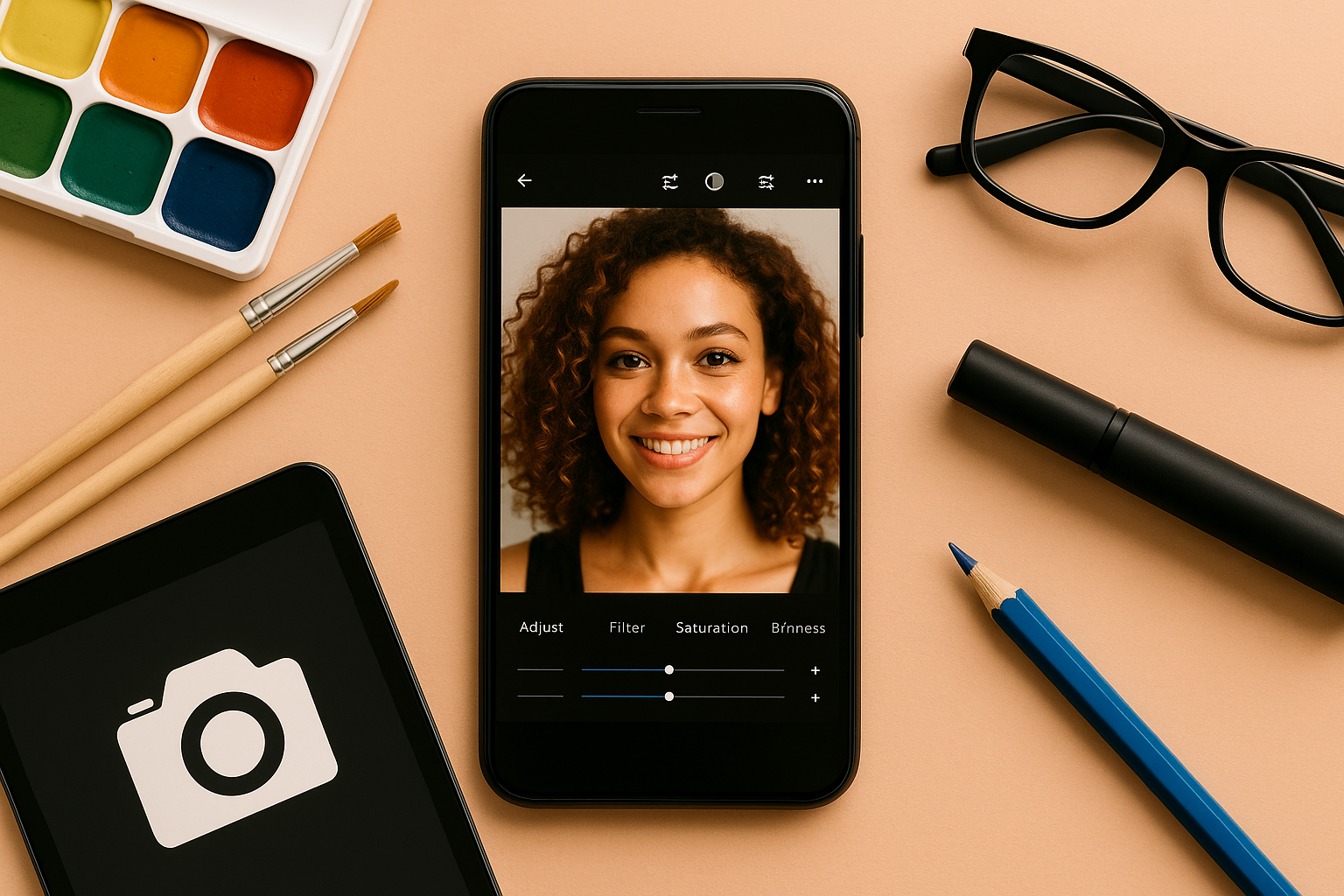With over 2 billion users worldwide, WhatsApp has become one of the most widely used messaging platforms on the planet. Whether for staying in touch with family, collaborating with co-workers, or conducting business, the app plays a key role in everyday communication.
But with great popularity comes increased risk. Scams, phishing attempts, identity theft, and unauthorized access have become common threats on the platform. Despite offering end-to-end encryption, WhatsApp users must take extra precautions to ensure their messages, photos, videos, and personal data remain secure.
This comprehensive guide expands on five powerful tips—and adds deeper insights and bonus strategies—to help you take full control of your WhatsApp privacy and security.
1. Activate Two-Step Verification (2FA)
Why it’s essential: Two-step verification helps prevent unauthorized access to your WhatsApp account even if your phone number or SIM card is stolen or duplicated.
What it does:
When you enable 2FA, WhatsApp will prompt you to create a six-digit PIN. This PIN is required when registering your number on a new phone or reactivating the app. You can also add an email address to recover the PIN if you forget it.
How to set it up:
- Open WhatsApp
- Tap Settings > Account
- Tap Two-step verification
- Tap Enable and follow the prompts
Tip: Choose a PIN that is not easily guessable—avoid birthdates, repeated numbers, or common patterns.
Why this matters more than ever:
With SIM swap fraud on the rise, where attackers convince your mobile carrier to port your number to a new SIM, 2FA acts as a final barrier against total account takeover.
2. Watch Out for Suspicious Links, Attachments, and Scams
While WhatsApp itself is secure, users are still vulnerable to phishing attacks and malicious content sent through messages.
Common scams include:
- “Congratulations! You’ve won a prize!” messages
- Fake links disguised as legitimate brands (e.g., “win free Netflix for a year”)
- Files labeled as invoices or PDFs but loaded with malware
- Contacts asking for money due to a supposed emergency
How to protect yourself:
- Never click on links from unknown senders
- Avoid opening attachments unless you were expecting them
- Don’t believe messages promising free rewards, coupons, or “urgent” updates
Pro Tip: If a friend sends you a weird message, call or video chat them to confirm. They might’ve been hacked.
Advanced trick:
Use URL preview settings to check suspicious links. WhatsApp shows a preview of the webpage—if the link looks suspicious or leads to a strange domain, don’t click.
3. Lock WhatsApp with Fingerprint or Face ID
WhatsApp allows you to secure the app itself using your phone’s biometric authentication features. This ensures that even if someone accesses your unlocked phone, they still can’t read your chats.
How to activate app lock:
- For Android:
- Go to Settings > Privacy > Fingerprint lock
- For iOS:
- Go to Settings > Privacy > Screen Lock
You can choose whether the app locks immediately or after a certain period (e.g., 1 minute, 30 minutes).
Important: This feature only locks the app interface—it doesn’t encrypt your backup or media files stored on your phone.
Bonus privacy tips:
- Disable preview notifications on your lock screen.
- Change your phone’s lock method to something secure (fingerprint, Face ID, or a strong PIN).
4. Manage Your Privacy Settings Like a Pro
WhatsApp gives you powerful tools to control who can view your personal information and interact with you. You should regularly review these settings.
Settings to check:
- Last Seen & Online: Set to “My Contacts” or “Nobody”
- Profile Photo: Limit to people you trust
- About Info: Keep minimal, or restrict access
- Status Updates: Share with selected contacts
- Groups: Prevent strangers from adding you without permission
Go to: Settings > Privacy
New privacy features in 2025:
- Stealth mode: Hide when you’re online even if you’re active
- View Once media: Photos or videos that disappear after being opened
- Locked Chats: Protect sensitive conversations with a separate password or biometric lock
5. Keep WhatsApp and Your OS Up-to-Date
Many users overlook the importance of updating apps. Yet, each update often contains bug fixes, vulnerability patches, and improved security protocols.
What you should do:
- Enable auto-updates in the Google Play Store or Apple App Store
- Regularly check for manual updates
- Update your phone’s operating system to patch potential system-wide exploits
Warning: Never install WhatsApp APKs or unofficial mods. These versions may include spyware or bypass security features.
Bonus Security Strategies
Let’s go beyond the basics. Here are advanced tips to maximize your safety:
Disable Cloud Backups (Optional but Safer)
While convenient, cloud backups on Google Drive or iCloud are not end-to-end encrypted by default.
- Go to Settings > Chats > Chat Backup
- Disable auto-backups or enable encrypted backups if available
Use Disappearing Messages
For sensitive or temporary conversations, you can enable Disappearing Messages. These delete messages after a set time (24 hours, 7 days, or 90 days).
- Go to Chat info > Tap Disappearing Messages
Check Linked Devices Regularly
Hackers can access your messages using WhatsApp Web or a cloned device. Always check which devices are logged into your account.
- Go to Linked Devices
- Tap Log out from all devices if you see unfamiliar ones
Don’t Overshare in Groups
WhatsApp groups can expose your phone number and profile photo to everyone in the chat.
- Avoid sharing personal data in public or large group chats
- Mute and archive groups you no longer use
- Exit unknown groups immediately
Signs That Your Account Might Be Compromised
- You get a verification code you didn’t request
- Friends receive weird messages from you
- Your chat history disappears unexpectedly
- You’re logged out of WhatsApp
What to do:
- Immediately use your phone number to reclaim your account
- Contact WhatsApp Support at support@whatsapp.com
- Alert your contacts about potential scams
Educate Friends and Family
Security is collective. Even if you’re cautious, your WhatsApp contacts might not be. Educate them on best practices like:
- Never sharing 6-digit verification codes
- Reporting scam messages
- Recognizing fake links and group invites
The safer your circle, the safer your data.
Final Thoughts: Stay Ahead of the Threats
WhatsApp is a powerful tool—but only when used responsibly. By implementing the tips and strategies in this guide, you’re taking critical steps to protect not just your personal messages, but your identity, digital assets, and reputation.
Remember: security is not a one-time action—it’s a habit. The more mindful you are, the less likely you are to fall victim to cyber threats.








